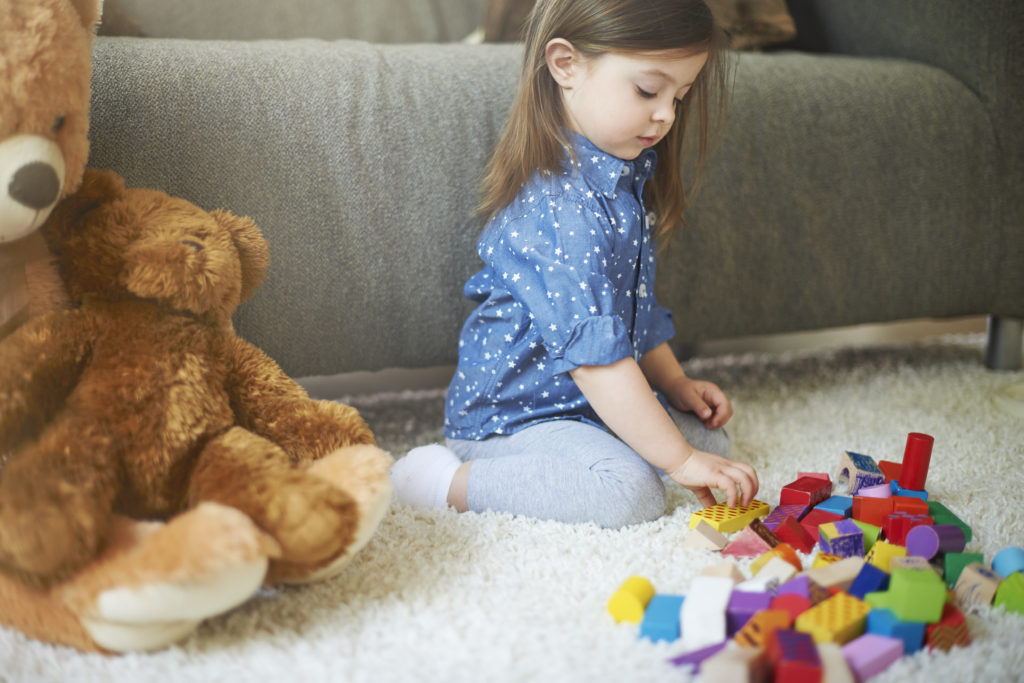There’s no doubt that the ramifications of a global pandemic has impacted on all our lives in more ways than one, as the country has been forced into quickly developing coping mechanisms and survival strategies. The unprecedented consequences of Covid-19 has seen widespread disruption and demanded personal as well as collective reordering, as we have learned to adapt to a new kind of normal.
However, for some already vulnerable members of society, Coronavirus has been the catalyst for life going from levels of bad that most of us struggle to imagine, to far worse. Both the sudden, and gradual impact of Covid-19 on child welfare has created scenarios which have exposed those habitually at risk, to even greater risk. Not those posed by a devastating virus, but instead by those threats which are far more familiar and found much closer to home.
As and when people face increased pressure and stress as a direct result of a pandemic, combined with the physical actuality of being forced to spend more time living under the same roof, those already at risk become even more prone. Tensions can escalate to the point at which a parent’s emotional resilience is overwhelmed and violence and abusive actions present, which is when the welfare of children is brought into sharp focus once again.
Reports Find That Stay at Home Enforcement Has Made Life for Children Already Susceptible to Harm an Even Greater Threat
The anxieties and uncertainties of life under successive national lockdowns that we’ve all had to endure, has, in some of the more extreme cases, left vulnerable children exposed and reduced further, the emotional resilience of their parents. Cases of physical and psychological abuse against young victims has increased significantly
A report published by the NSPCC – based on the findings of Childline counselling sessions, coupled with contacts made via the NSPCC helpline – has highlighted the extent of the issue. And served as a timely reminder as to why we must all work towards safeguarding the welfare of children even more strenuously and diligently during these more challenging times.
Figures Point to Devastating Effect of Pandemic on Child Welfare
During this current pandemic – and referring to figures from March 2020 to March 2021 – Childline reported a 23% increase in counselling sessions arranged to discuss physical abuse.
Contacted nearly 85,000 times in this period, the statistics underline the fears that many of those working in the social care profession voiced at the start of lockdowns. That school closures would inevitably leave those more vulnerable to neglect and abuse even more at risk.
The NSPCC acknowledged a significant hike in calls received from people expressing concern about children experiencing physical abuse during lockdowns. An average of 1,066 calls a month since March 2020, compared to 696 per month pre-lockdown, representing a 53% increase.
The Nature of Calls Made to Highlight Child Welfare Issues During Covid-19 Pandemic
Regarding this concerning percentage rise, the NSPCC went on to confirm that some 47% of contact resulted in referrals to authorities which could provide support to child victims of abuse, including dedicated children’s services and the police.
In terms of the behavioural patterns shown by the perpetrators of neglect and both physical and emotional abuse, those most reported by victims centred around parent’s mental health, domestic abuse and the misuse of alcohol or other substances.
Contact wasn’t just made by victims of child welfare issues, as adults also reported their concerns about situations getting worse during the pandemic, while others believed that perpetrators of abuse were using the pandemic restrictions to restrict a child’s contact with trusted adults. By a similar token, stay-at-home rules will have prevented some children from escaping the abuse.
The Future Outlook
Experiencing physical or psychological abuse at any time in a child’s formative years can have a terrible long-term effect on their mental and emotional wellbeing, impacting their relationships with parents, carers, and adults generally and raising questions of trust.
Of the victims who spoke with Childline and the NSPCC over the past 18 months, they candidly discussed issues surrounding anxiety and depression caused by their abusers and noted the suffering from low self-esteem and panic attacks as a result.
The harm and trauma experienced will become more visible as we move forward, and with this in mind, charities are calling on the government to provide greater focus on prevention and increased protection for vulnerable children. Provisions including increased funds made available for Health Visitors and Children’s Social Care, along with broader mental health support in schools.
At Advanced CCA for 25 years we have worked closely and collaborated with Local Authorities, Solicitors, and the Courts to enable the creation and delivery of evidence-based reports, after undertaking rigorous social care assessments in a variety of child welfare settings. Get in touch with our team today, to find out more.



